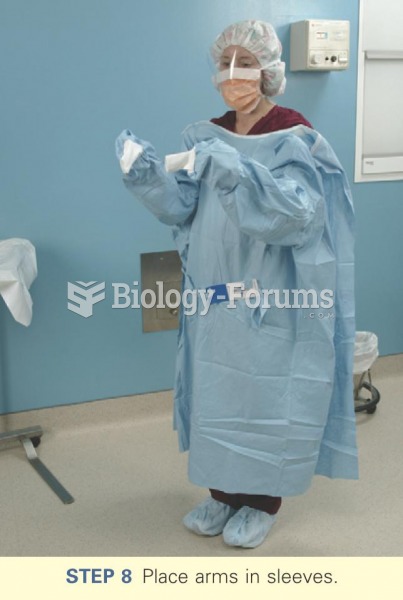Answer to Question 1
1
Rationale:
1. If the infant is fed horizontally, positional otitis media could develop. This is due to milk and nasal mucus blocking the eustachian tube.
2. Bowel sounds are not affected by the position of the feeding.
3. Vital signs are not affected by the position of the feeding.
4. The skin is not affected by the position of the feeding.
Answer to Question 2
1
Rationale:
1. The National Campaign to Prevent Teen Pregnancy's task forces found that the programs most effective at preventing teen pregnancy include adolescents in the planning of activities, are both long-term and intensive, focus on adolescent males and not just females, and provide models from similar cultural and racial backgrounds as the participants.
2. The National Campaign to Prevent Teen Pregnancy's task forces found that the programs most effective at preventing teen pregnancy include adolescents in the planning of activities, are both long-term and intensive, focus on adolescent males and not just females, and provide models from similar cultural and racial backgrounds as the participants.
3. The National Campaign to Prevent Teen Pregnancy's task forces found that the programs most effective at preventing teen pregnancy include adolescents in the planning of activities, are both long-term and intensive, focus on adolescent males and not just females, and provide models from similar cultural and racial backgrounds as the participants.
4. The National Campaign to Prevent Teen Pregnancy's task forces found that the programs most effective at preventing teen pregnancy include adolescents in the planning of activities, are both long-term and intensive, focus on adolescent males and not just females, and provide models from similar cultural and racial backgrounds as the participants.







